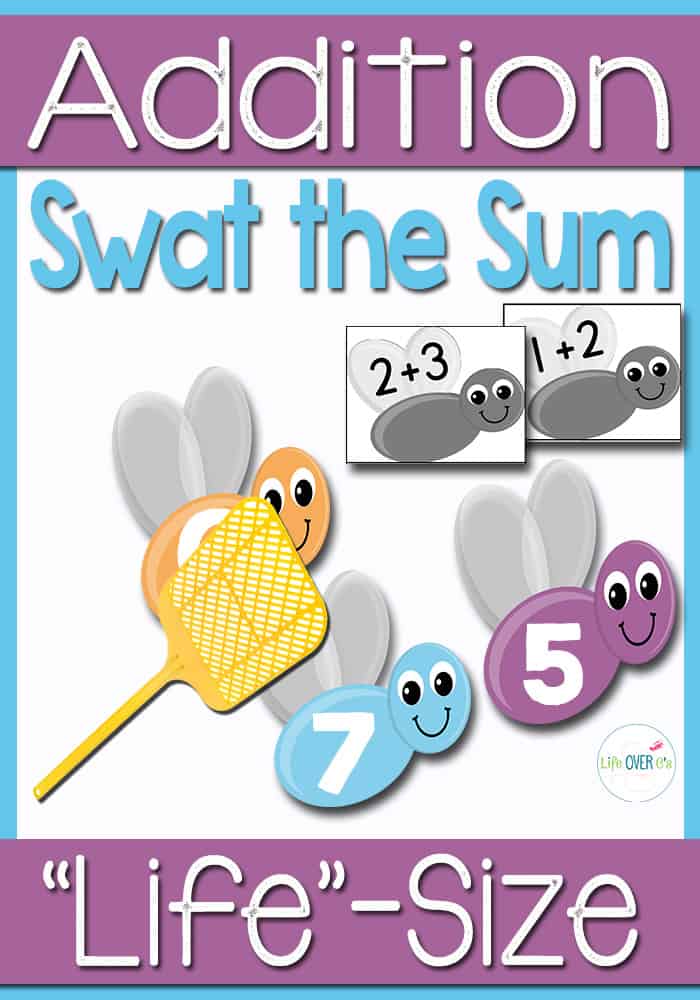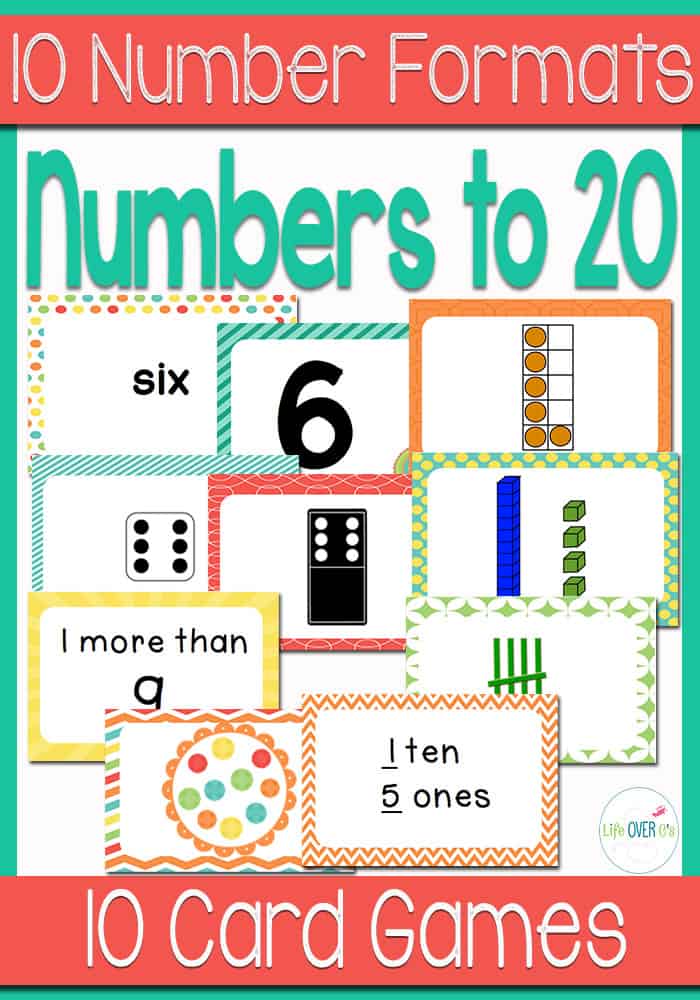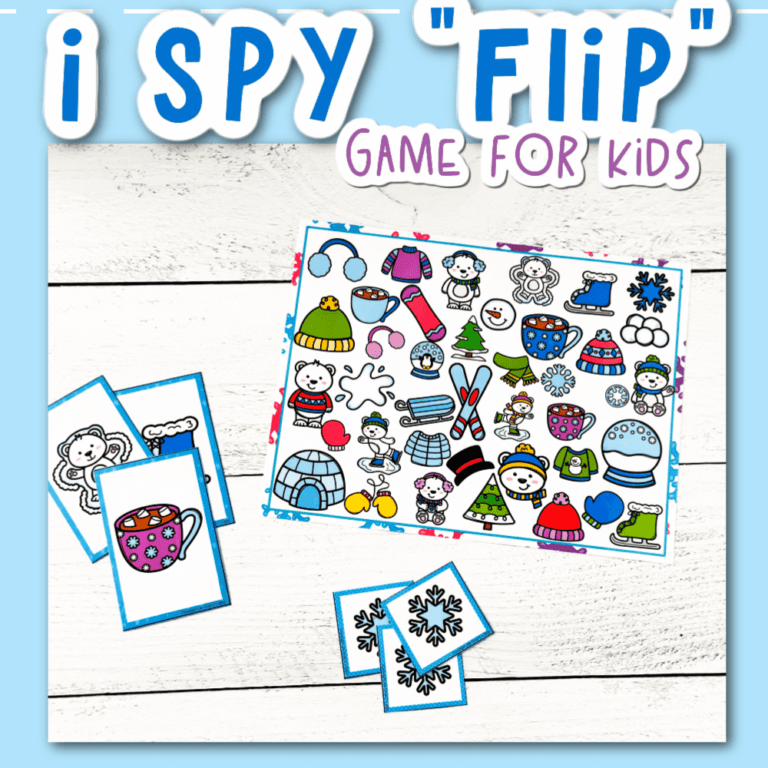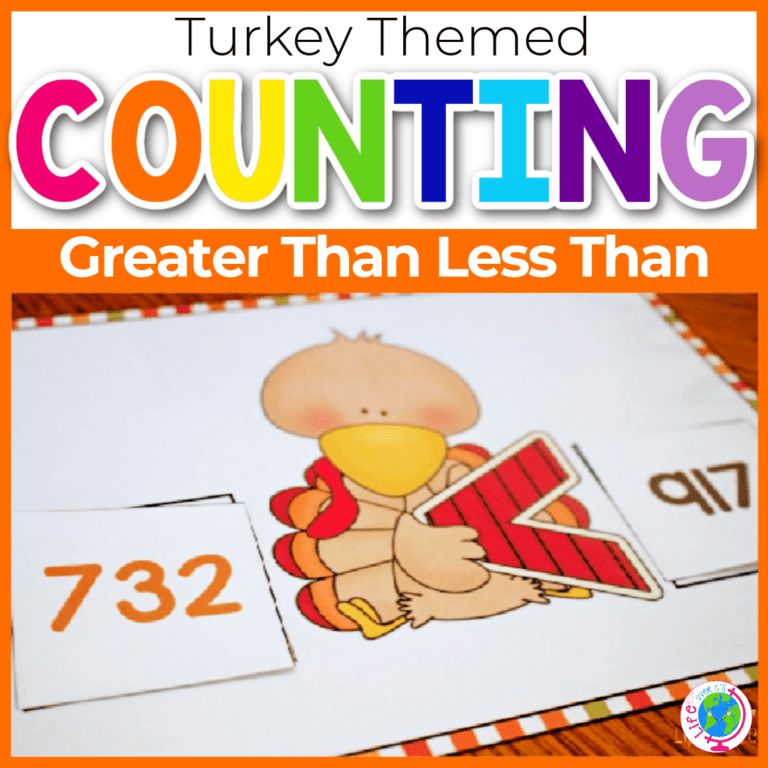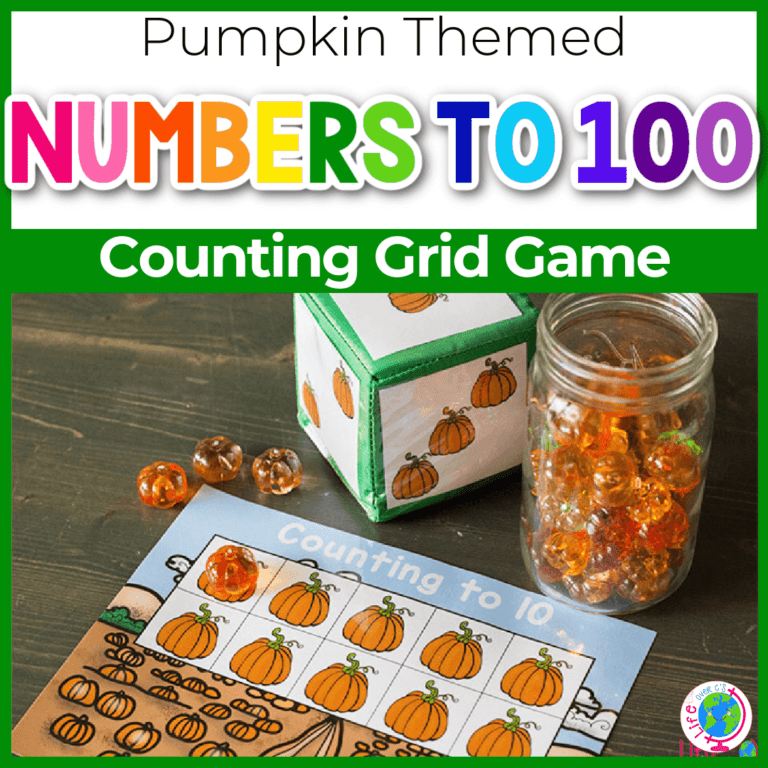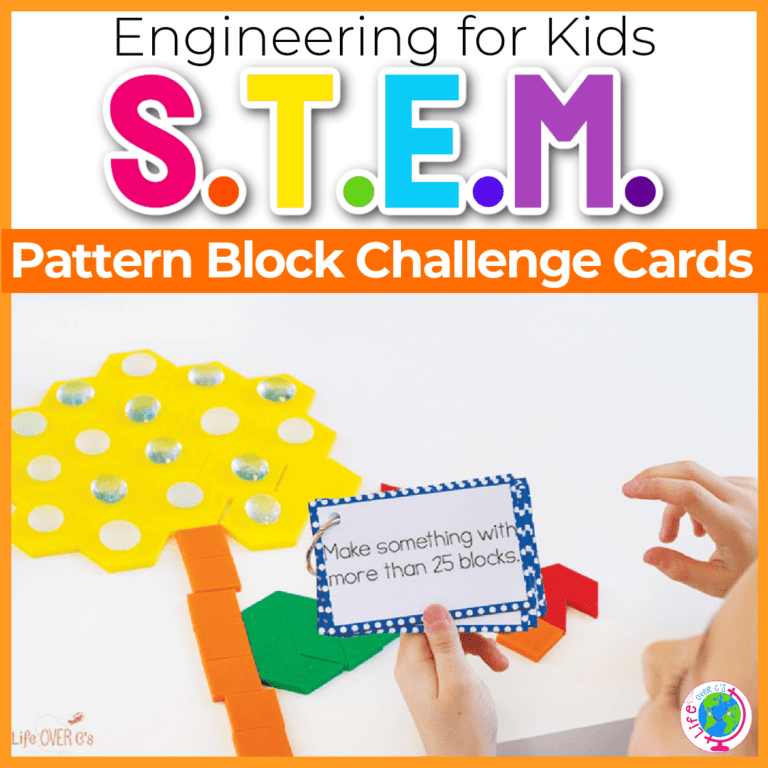Addition Facts Within 10: Swat the Sum Game
Learning addition facts to 10 is a key component of early math instruction. And I can tell you it’s not typically done with flashcards! Introducing addition and building math facts fluency in children requires a touch of pizazz! Kids are more eager to learn when presented with fun fact fluency games and hands-on activities. Learning addition math facts should never be boring. I created this Addition Facts within 10: Swat the Sum game to spice up our math instruction. Your students will love learning and reviewing their addition to 10 facts with this larger-than-life fly-swatting addition fluency game.

Recommended Grade Level:
Learning Addition to 10 With Games in Kindergarten
KINDERGARTEN ADDITION GAMES
ADDITION FLUENCY GAMES ARE A GREAT WAY FOR YOUNG LEARNERS TO PRACTICE IMPORTANT SKILLS. THEY NEED LOTS OF HANDS-ON PRACTICE TO MASTER MATH FACTS FLUENCY.
Adding to 10 is one of the first skills kids begin to work on after they learn numbers and counting. Addition to 10 worksheets are great ways to assess how students are progressing.
But when it comes to practicing this important skill, math worksheets don’t have the same engagement as a fun, insect math fact game.
I love this insect math activity because it can cater to the needs of all learners with easy adaptability. You can use it with pre-k and kindergarten a number of different ways: addition and subtraction facts, counting, or as a fact fluency game.
In this bug theme game, students work to read basic addition facts and identify the sum. They can use a number line to find the sum if necessary, or objects to count as they are learning these basic facts.
In addition to working on single digit addition, you can use this bug math activity to pose additional questions for thought:
- What are the addends?
- What’s the sum?
- What happens if you switch the addends around? Does the sum change?
- How many in all/altogether?
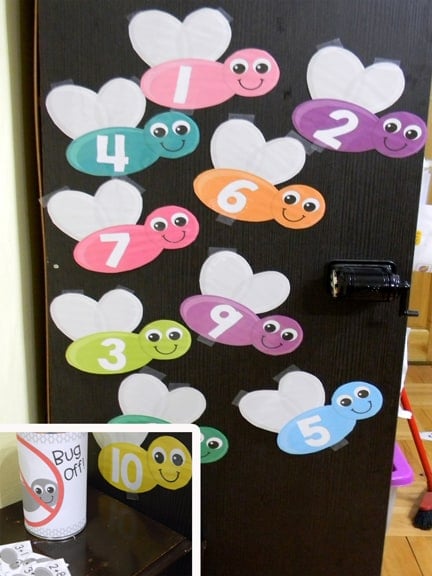
What Can Kindergarteners Learn From A Insect Math Game?
BUG THEMED MATH GAMES
BUG THEMED MATH ACTIVITIES ENGAGE LEARNERS TO PRACTICE IMPORTANT MATH SKILLS. THE FLY SWATTER ALSO WORKS FINE MOTOR MUSCLES.
Playing games and working on single digit addition worksheets are great places to introduce and practice vocabulary associated with addition:
- Sum
- All together
- In all
- Total
- Add
- Increase
- More

Why Is It Important For Kids To Play Addition Games?
Children learn best when the learning feels easy and fun. Playing math games encourages practice with a ton of important skills while cleverly disguised as a fun game!
Number Sense: Playing math games improves numbers sense which is the ability to understand, compare/contrast, and relate numbers to each other.
Automaticity: When children effortlessly (automatically) know basic math facts, it makes more complex computations easier.
Vocabulary: Encouraging kids to use math vocabulary while playing games (sum/difference/total/greater than/less than)is a meaningful way to practice.
Cooperative Learning: Simple games with partners or small groups give kids a lot of practice with social skills, like taking turns, following rules, and winning/losing.
How to Make the Addition to 10: Swat the Sum Game
Contents:
Pages 4-13: Colored flies 1-10
Pages 14-23: Black/White flies 1-10
Page: 24: “Bug Off” canister label
Pages 25-27: Addition cards
Page 28: Flies for use in a center
Pages 29-30: Follow-up pages
I have also included a small set of flies that can be used individually in a center. Provide a smaller swatter in that case.
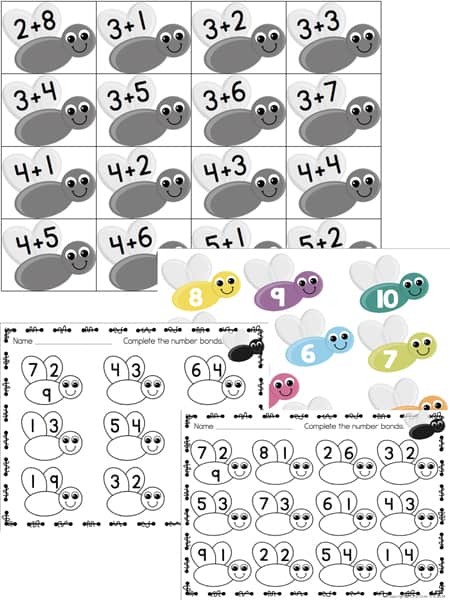
To Prep:
Print the versions you like, laminate for durability as desired, and cut out the pieces.
Place the fact cards in a “Bug Off” container and attach the sum flies to a wall, table, or wherever you like.

To Play:
Shake the “bug off” can, have each student draw an addition card and then take turns swatting the sums on the flies.
It’s best if you have a fly swatter, but if not, simply swat them with hands instead.

Extend the Activity
Word Problems
It’s always good to tie in real-life word problems to written facts. Use the cards to tell bug stories, like, “I saw 2 bees on a flower. Then 2 more bees came. How many bees in all?”
Counting Practice
If you child isn’t ready for addition fact fluency, use the sum bugs for counting or number recognition instead. Pick a bug, identify the number, and count out that many pom poms.
Memory Matching
Use either the fact cards or the sum cards. Create two sets. Then, place them in a grid to play a classic game of Memory.
Do you love this activity?
Pin it for later!

More Activities You’ll Love:
Search All Activities
Looking for more? Find exactly what you need here:




